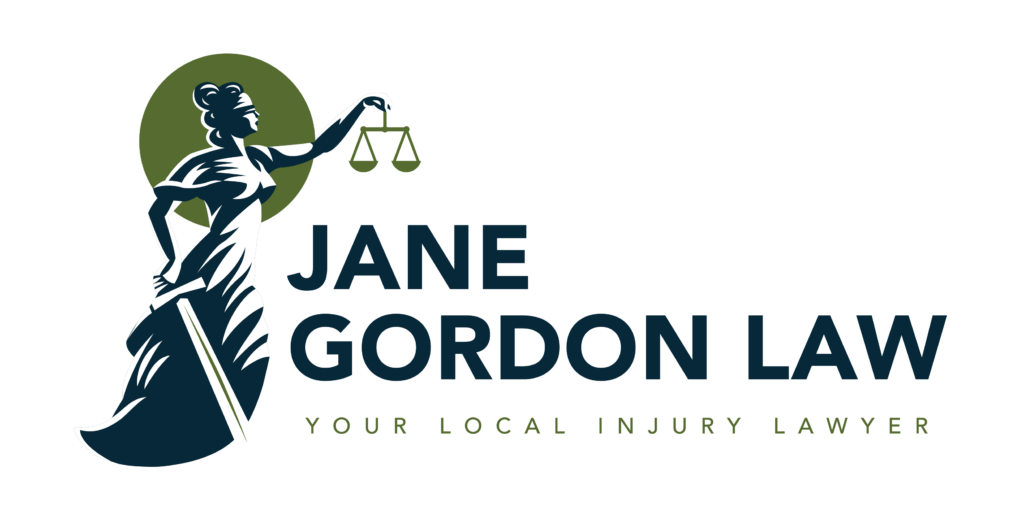
Do All Personal Injury Cases Go to Court?
When you’ve been injured in an accident, one of the first questions you may ask yourself is: “Do personal injury cases go to trial? Will mine?” It’s a reasonable concern. Popular TV shows and movies often dramatize courtroom battles, making it seem like every personal injury lawsuit ends up in front of a judge and jury. In reality, that’s not usually the case.
The thought of facing a trial can feel overwhelming, especially if you’re already dealing with medical treatment, lost wages, and the stress of recovery. The good news is that the vast majority of personal injury claims do not end up in a courtroom. Most are resolved through settlement negotiations outside of court.
However, there are situations where a personal injury lawsuit may proceed to trial. Understanding how the process works can help you feel more prepared and confident in your next steps.
Why Most Personal Injury Cases Settle Out of Court
A common misconception is that every personal injury claim automatically leads to a lawsuit and trial. Most people are surprised to learn that very few personal injury cases ever make it to trial.
You might wonder, “What percentage of personal injury cases go to trial?” According to the U.S. Department of Justice, the answer is only about 3–5%. That means the overwhelming majority — roughly 95–97% — are resolved through settlement negotiations outside of court.
Here’s why:
- Faster resolution – Settlements typically take weeks or months, while court cases can drag on for a year or more.
- Lower costs – Trials can be expensive, with court fees, expert witnesses, and legal expenses. Settling avoids many of those costs.
- Less stress – Going to trial often means reliving the accident in detail. A settlement avoids that emotional toll.
Insurance companies play a big role in settlements. Since they’re usually responsible for paying compensation in a personal injury claim, insurers often prefer to negotiate a settlement rather than face the uncertainty of a jury verdict.
Why Some Personal Injury Cases Do Go to Court
While most cases settle, there are times when filing a personal injury lawsuit and going to trial becomes necessary. Here are the most common reasons:
- Disputes over liability – If the insurance company or defendant denies responsibility for the accident, a trial may be the only way to prove fault.
- Disputes over damages – Even when liability is clear, insurers may argue about your damages, including the value of your medical bills, lost wages, or pain and suffering.
- Unreasonable settlement offers – If an insurance company refuses to make a fair offer, your personal injury attorney may recommend going to court to fight for the compensation you deserve.
- Complex cases – Severe injuries, permanent disabilities, or cases involving multiple parties can be too complicated to resolve in negotiations alone.
It’s important to remember that just because your personal injury attorney files a lawsuit doesn’t guarantee your case will go to trial. Filing can be a strategic move that pressures the insurance company to take negotiations more seriously.
The Benefits of Settling vs. Going to Trial
Whether your personal injury case settles or goes to trial depends on the unique facts of your situation. Both options come with benefits and risks:
Settlement advantages:
- You’ll receive compensation sooner.
- You avoid the unpredictability of a jury verdict.
- The process is private and less stressful.
Trial advantages:
- A judge or jury may award a higher amount than what was offered in settlement.
- Trials can hold the negligent party publicly accountable.
Risks of trial:
- Trials are time-consuming, often taking months or years.
- They are expensive, with costs deducted from your final award.
- The outcome is uncertain — there’s always a chance you could receive less than the last settlement offer, or nothing at all.
The Role of Your Personal Injury Attorney
Whether your case settles out of court or moves forward as a personal injury lawsuit, having the right attorney makes all the difference. Be sure to ask your potential attorney questions to ensure it’s the best fit. An experienced personal injury attorney will:
- Negotiate aggressively with insurance companies to push for a fair settlement.
- Build a strong case by gathering medical records, accident reports, and expert testimony.
- Prepare for trial if a reasonable settlement isn’t possible, ensuring you are ready to present your case in court.
- Guide you through the process so you understand your options every step of the way.
Your personal injury attorney’s goal is always to secure the best possible outcome for your case, whether that means settling out of court or fighting for your rights before a jury.

Final Verdict: Do Personal Injury Cases Go to Trial?
The short answer is no — most personal injury cases settle without ever seeing the inside of a courtroom. But in situations where liability is disputed, damages are contested, or insurance companies refuse to negotiate fairly, your case may need to go to trial.
Either way, you don’t have to navigate the process alone. With a skilled personal injury attorney on your side, you can focus on your recovery while your lawyer fights for the compensation you deserve.
If you’ve been injured and are wondering what path your case might take, contact my office today for a free consultation. As a local Boise injury lawyer, I will review your personal injury claim, explain your options, and stand with you every step of the way — whether your case settles out of court or goes before a jury.
